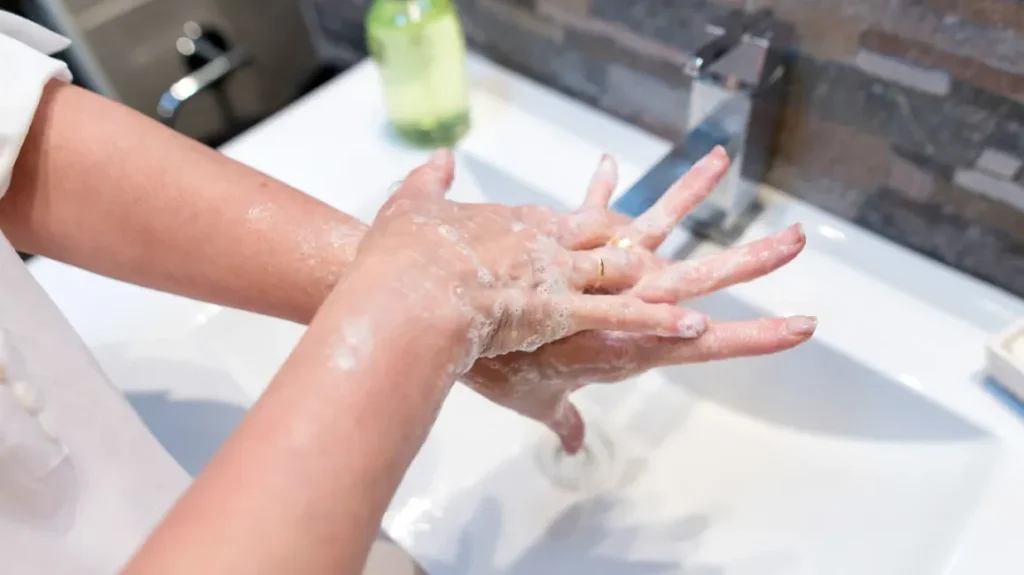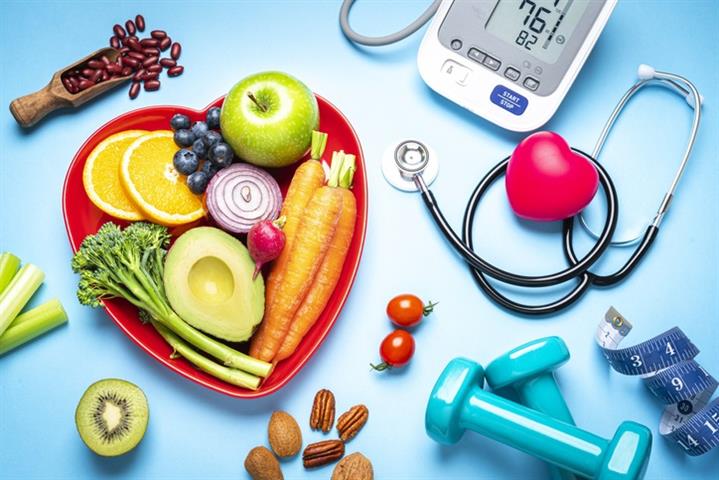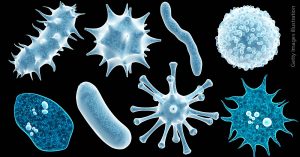We all have those daily routines that we follow almost without thinking. Brushing our teeth, showering, and eating breakfast are just a few examples. While these habits are essential for maintaining good hygiene and overall well-being, there’s one common habit that many of us overlook: regular handwashing.
The Importance of Handwashing
Handwashing is often considered a simple and straightforward practice, but its impact on our health cannot be overstated. Our hands come into contact with countless surfaces and objects throughout the day, picking up germs and bacteria along the way. These invisible invaders can then be transferred to our mouths, noses, and eyes, leading to a variety of illnesses.

The Dangers of Skipping Handwashing
When we neglect to wash our hands properly, we create an ideal breeding ground for harmful bacteria and viruses. These pathogens can cause a range of infections, including:
- Respiratory Infections: Colds, flu, and even pneumonia can spread easily through contaminated hands.
- Gastrointestinal Infections: Foodborne illnesses like E. coli and Salmonella are often contracted through improper handwashing.
- Skin Infections: Germs on our hands can lead to skin infections like impetigo and cellulitis.
- Eye Infections: Touching your eyes with dirty hands can cause conjunctivitis, also known as pink eye.
The Right Way to Wash Your Hands
To effectively eliminate germs and protect your health, follow these handwashing guidelines:
- Wet Your Hands: Use warm water to thoroughly wet your hands.
- Apply Soap: Lather your hands with soap, making sure to cover all surfaces, including the backs of your hands, between your fingers, and under your nails.
- Scrub: Rub your hands together vigorously for at least 20 seconds. This helps to loosen and remove dirt and germs.
- Rinse: Rinse your hands thoroughly with warm water.
- Dry: Dry your hands with a clean towel or air dry them completely.
When to Wash Your Hands
It’s important to wash your hands at key moments throughout the day:
Before:
- Preparing food
- Eating food
- Caring for someone who is sick
- Applying bandages or other medical treatments
After:
- Using the bathroom
- Changing a diaper
- Blowing your nose, coughing, or sneezing
- Touching animals or pets
- Handling garbage
Additional Tips for Hand Hygiene
In addition to proper handwashing, consider these additional tips:
- Use Alcohol-Based Hand Sanitizer: When soap and water are not readily available, use an alcohol-based hand sanitizer that contains at least 60% alcohol.
- Keep Your Nails Short and Clean: Long nails can harbor dirt and bacteria, making it harder to clean your hands effectively.
- Avoid Touching Your Face: This helps to prevent the spread of germs from your hands to your eyes, nose, and mouth.
- Encourage Good Hand Hygiene for Others: Teach children the importance of handwashing and remind others to practice good hygiene as well.
By making handwashing a regular part of your routine, you can significantly reduce your risk of illness and protect your overall health. So, next time you’re about to eat, after using the restroom, or before caring for someone who is sick, remember to wash your hands thoroughly. It’s a simple act that can make a big difference in your well-being.





